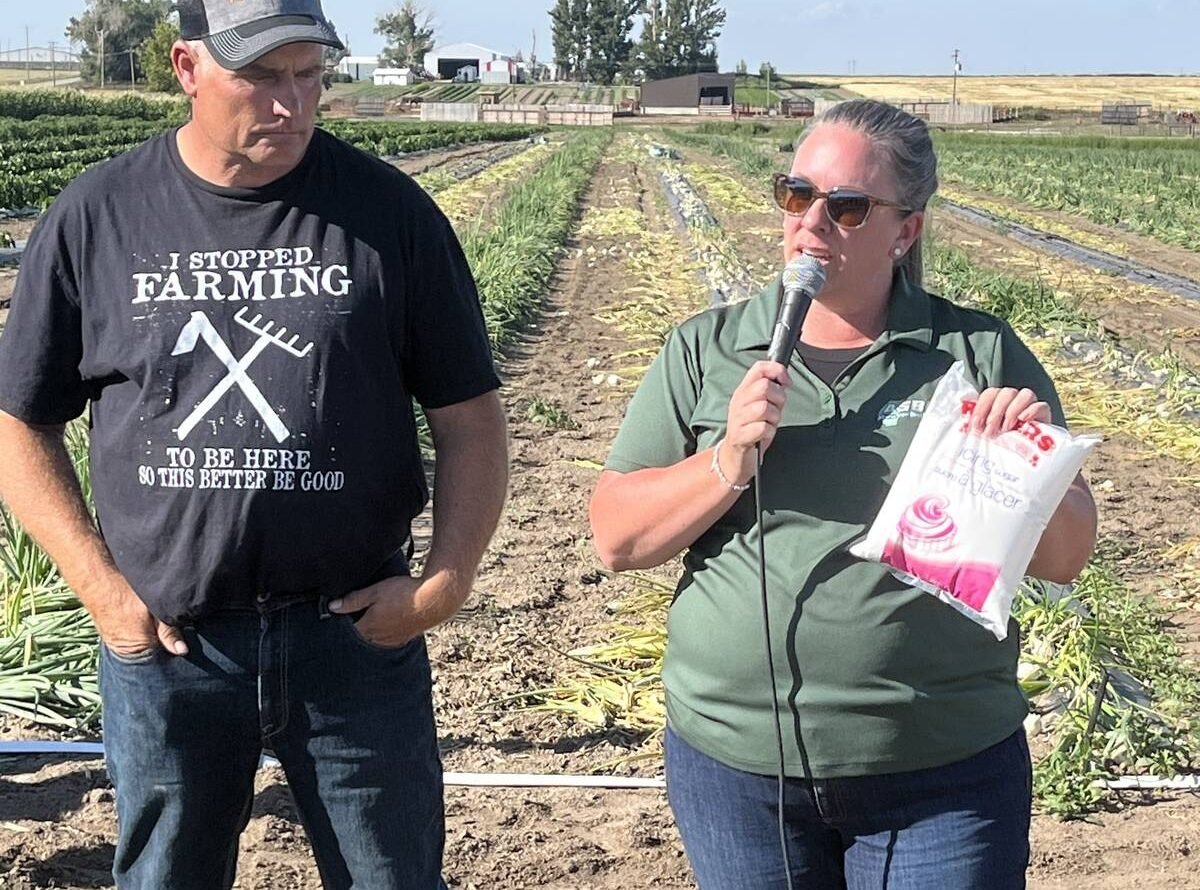If Canada is to lead in feeding the world, it must maintain a science-based regulatory system that allows products of biotechnology to thrive, says the president of Syngenta Seeds Inc.
He also predicted world markets will one day accept genetically modified wheat and the product is inevitable.
David Morgan, the London, England- based corporate executive who spent five years in Saskatchewan as canola was being developed, told a CropLife Canada-sponsored conference Dec. 1 that proposals such as private member’s bill C-474 that would require a market impact assessment before new genetically modified varieties are approved has sent a chill through the world’s biotechnology industry.
Read Also

Alberta’s beets a sweet domestic segment in Canada’s sugar supply
The sugar beet industry is showcased during a Farm to Table tour, as Taber features the last remaining sugar beet processing plant in all of Canada.
“This bill has been a great concern to us,” he said in an Ottawa speech delivered just hours before the bill came back to the House of Commons for debate. “Canada’s reputation as a science-based country and trader could be seriously damaged and potentially destroyed for some time.”
He said in a later interview seed and biotechnology companies always have viewed Canada as a safe place to invest because of its science-based rules.
“C-474 makes us nervous simply on the basis that if one cannot rely on a science-based regulatory process, one cannot rely upon science being the principal component of the process here,” he said.
Morgan said Canada’s welcome mat to research investment would be scuffed.
The failure of wheat to benefit from the advances other crops experienced through biotechnology is not a failure of science or reflective of safety, he added.
It is politics and fears raised by anti-biotechnology campaigners.
And Canada’s share of world wheat markets has declined to 15 percent from 23 percent.
“It doesn’t need to go down much more for this to become a real issue.”
Morgan said many traditionally GMO-adverse countries are beginning to soften on the issue of importing GM products so GM wheat is inevitable.
Meanwhile, University of Saskatchewan researcher Stuart Smyth presented previously released research conclusions to argue that introduction of GM canola on the Prairies has been an overwhelming success.
It has led to better conservation farming practices, better soil moisture and less erosion, reduced herbicide use and more than $1 billion in economic benefits for farmers.
Meanwhile, issues raised by critics, including weed control or spread of volunteer GM plants, is not nearly the issue opponents suggest.
The conclusions are based on survey responses from 600 farmers, who represent 1.5 percent of those who received the survey.














